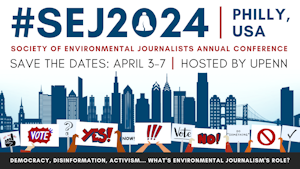"Urbanization is on the rise; so is the urban heat island effect—a situation that is worsening with the decline of tree cover in U.S. metropolitan areas"
"Scientific evidence that trees and green spaces are crucial to the well-being of people in urban areas has multiplied in recent decades. Conveniently, these findings have emerged just as Americans, already among the most urbanized people in the world, are increasingly choosing to live in cities. The problem—partly as a result of that choice—is that urban tree cover is now steadily declining across the U.S.
A study in the May issue of Urban Forestry & Urban Greening reports metropolitan areas are experiencing a net loss of about 36 million trees nationwide every year. That amounts to about 175,000 acres of tree cover, most of it in central city and suburban areas but also on the exurban fringes. This reduction, says lead author David Nowak of the U.S. Forest Service (USFS), translates into an annual loss of about $96 million in benefits—based, he says, on “only a few of the benefits that we know about.” The economic calculation involves several such benefits that are relatively easy to express in dollar terms—the capacity of trees to remove air pollution, sequester carbon, conserve energy by shading buildings and reduce power plant emissions."
Richard Conniff reports for Scientific American May 7, 2018.
"U.S. Cities Lose Tree Cover Just When They Need It Most"
Source: Scientific American, 05/08/2018
















